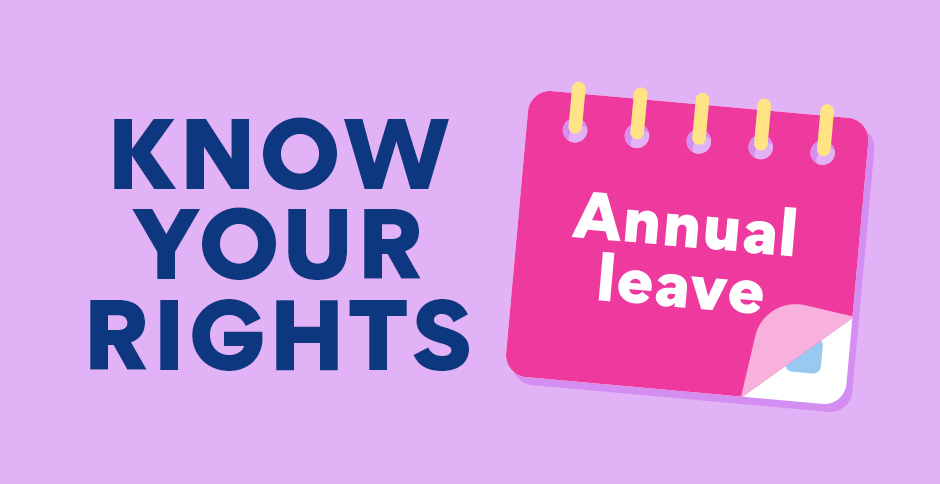Big interview or starting your first day? Here’s how to win people over
A great first impression goes a long way. Here’s how to present yourself for success during a job interview or your first day at work.
Nearly all of us form a strong impression of someone within moments of meeting them, be it positive or negative. SEEK’s Resident Psychologist Sabina Read says research has found that we form impressions of a person’s trustworthiness within a tenth of a second. “It can be difficult to undo negative impressions once they have been formed, so it pays to make a positive impression from the get-go,” she says.
Factors that influence first impressions
Some factors that lead to first impressions are under our control, while others are based on features we are born with, such as face shape and perceived attractiveness.
Read says that it’s best to focus on factors you can influence when you want to connect and succeed in an interview or during your first days at a new job.
-
Use positive body language
“Maintaining consistent eye contact, using an appropriate pitch in your voice, and offering up a firm but warm handshake will all help build favourable first impressions,” says Read. -
Be prepared
“You can boost your chances of creating a positive personal brand by being prepared,” says Read. “This means doing the research to show your interest and commitment to the job, using people’s names correctly, being a good listener, and asking thoughtful and insightful questions.” -
Dress the part
Read says whether we like it or not, the way we dress influences the impressions people form. “While it’s okay to allow your personality to shine through your attire, it’s also important to consider the culture of the workplace you are seeking to join,” she says. “Dress for the job you want. There’s little merit in turning up in a suit if the company dress code is jeans and runners.” -
Display your soft skills
“Don’t overlook the power of showcasing your strong social-emotional skills to help form a good impression,” says Read. “Show a genuine interest in others, be attentive, respectful, kind and responsive with your boss, colleagues and interviewer.”
What to do if you’ve made a bad first impression or got off on the wrong foot
While it depends on the situation, sometimes it is appropriate to acknowledge that you’ve made a mistake or you didn’t present yourself in the best light in an interview or during your first few days at work.
“This can show insight and accountability if communicated with the right tone and depth,” says Read. “Acknowledge to yourself that things haven’t gone as planned, identify what preferred course of action is necessary to remedy the negative impression you may have left, then implement the behavioural changes needed to create a new impression.”
Acknowledging mistakes and being vulnerable lets others know you are human and it can help them feel comfortable sharing their own vulnerabilities. Taking a light-hearted approach can also be really useful in remedying any bad first impressions. “Humour can be a wonderful tonic to help break down any negative impression,” says Read.



